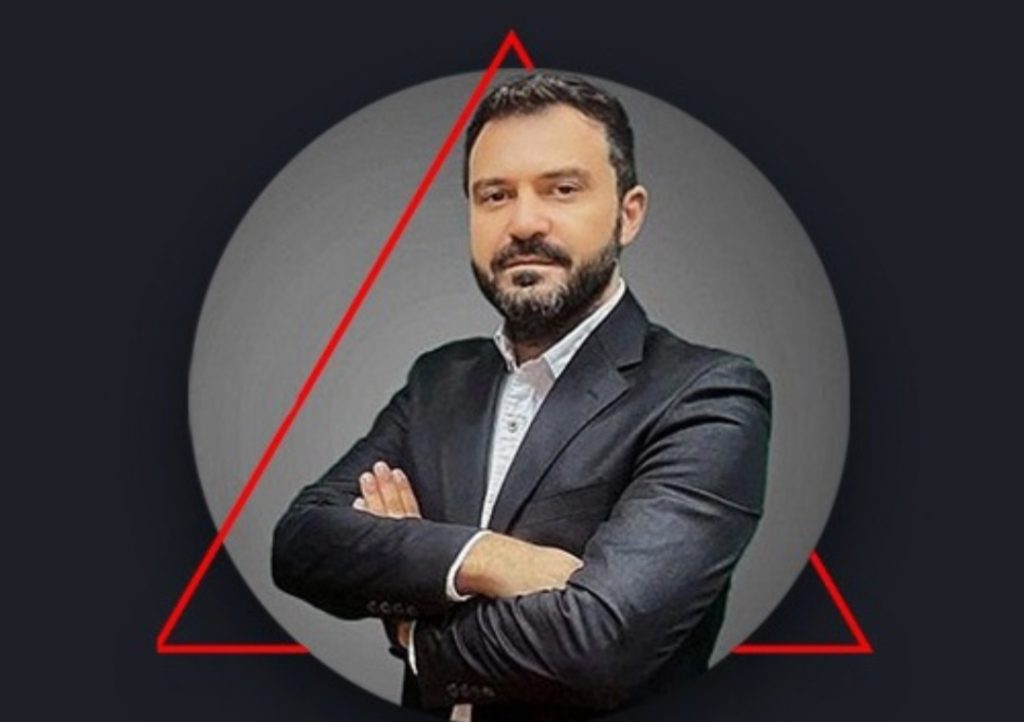كتب محمد عفيفي:
تطور السياسة والحروب: من الماضي إلى عصرنا
تطور مفهوم العلاقة ما بين السياسة والحروب بشكل كبير من الماضي إلى عصرنا الحاضر . فعلى مر التاريخ ، كانت السياسة والحرب وجهان لعملة واحدة ، ويمكن للمرء أن يجادل في أن الاثنين معا بشكل لا ينفصل الواحد عن الأخر . كانت السياسة في كثير من الأحيان سببا للحروب ، وكانت الحروب في كثير من الأحيان نتيجة للخلافات السياسية.
في الماضي ، كانت السياسة والحروب مدفوعة في الغالب للسعي وراء السلطة والأرض والموارد الطبيعية .
وغالبًا ما انخرط الحكام والأمم في حروب لتوسيع إمبراطورياتهم و تأكيد هيمنتهم بالإضافة الي حماية مصالحهم الشخصية وحفاظهم على السلطة . فقد كانت السلطة السياسية مركزية ، وتتخذ القرارات من قبل مجموعة صغيرة من النخب. اما الدبلوماسية فغالبًا ما كانت تُستخدم كأداة لتجنب الحروب أو حل النزاعات ، لكنها لم تكن دائمًا ناجحة.
شكلت الحروب العالمية في القرن العشرين نقطة تحول في تاريخ السياسة . خاضت هذه الحروب على نطاق عالمي ، وأدى الدمار الذي تسببت به إلى الاعتراف بأن الحروب لم تكن مكلفة فحسب ، بل كانت أيضًا تهديدًا لوجود البشرية بحد ذاته أدت الحروب العالمية أيضًا إلى ظهور أيديولوجيات سياسية جديدة ، مثل الشيوعية والفاشية ، والتي احدثت تغييرا في النظام السياسي التقليدي.
في أعقاب الحروب العالمية ، خضع مفهوم السياسة والحروب لتغييرات كبيرة. تأسست جمعية الأمم المتحدة لتعزيز التعاون الدولي ومنع الحروب ، وأعيد تعريف مفهوم السيادة ليشمل مسؤولية حماية المواطنين من الحروب والكوارث . هيمنت الحرب الباردة بين الاتحاد السوفيتي والولايات المتحدة على العلاقات الدولية لعدة عقود ، لكنها خاضت إلى حد كبير حروبا بالوكالة بدلاً من المواجهة المباشرة.
في الآونة الأخيرة ، استمر تطور مفهوم السياسة والحروب. حيث أدت العولمة إلى زيادة الاعتماد المتبادل والترابط بين الدول ، كما أدى ظهور جهات فاعلة غير حكومية مثل المنظمات الإرهابية التي تهدف الي هدم الدولة إلى تحدي نموذج الدولة القومية التقليدية. أدى استخدام التكنولوجيا في الحرب أيضًا إلى تغيير طبيعة النزاعات ، حيث أصبحت الهجمات الإلكترونية وضربات الطائرات بدون طيار شائعة بشكل متزايد.
في الختام ، خضع مفهوم السياسة والحروب لتغييرات كبيرة من الماضي إلى عصرنا الحاضر . في حين أن السعي وراء السلطة والموارد لا يزال عاملاً مهما في الصراعات الدولية ، فقد ظهرت تحديات جديدة مثل تهديد الإرهاب وتأثير التكنولوجيا بشكل سلبي .و لا يزال التعاون الدولي والدبلوماسي يلعبان دورًا مهمًا في منع الصراعات ، لكن التهديد باشعال الحروب لا يزال يمثل تحديًا مستمرًا للمجتمع الدولي.
The Evolution of Politics and Wars: From the Past to Our Time
The concept of politics and wars has evolved significantly from the past to our time. Throughout history, politics and wars have been intertwined, and one can argue that the two are inseparable. Politics has often been the cause of wars, and wars have often been the result of political differences.
In the past, politics and wars were mostly driven by the pursuit of power, territory, and resources. Rulers and nations often engaged in wars to expand their empires, assert their dominance, or protect their interests. Political power was centralized, and decisions were made by a small group of elites. Diplomacy was often used as a tool to avoid wars or resolve conflicts, but it was not always successful.
The world wars of the 20th century marked a turning point in the history of politics and wars. These wars were fought on a global scale, and the devastation they caused led to the recognition that wars were not only costly but also a threat to the very existence of humanity. The world wars also led to the emergence of new political ideologies, such as communism and fascism, which challenged the traditional political order.
In the aftermath of the world wars, the concept of politics and wars underwent significant changes. The United Nations was established to promote international cooperation and prevent wars, and the concept of sovereignty was redefined to include the responsibility to protect citizens from atrocities. The Cold War between the Soviet Union and the United States dominated international relations for several decades, but it was largely fought through proxy wars rather than direct confrontation.
In recent times, the concept of politics and wars has continued to evolve. Globalization has led to increased interdependence and interconnectedness between nations, and the rise of non-state actors such as terrorist organizations has challenged the traditional nation-state model. The use of technology in warfare has also transformed the nature of conflicts, with cyber attacks and drone strikes becoming increasingly common.
In conclusion, the concept of politics and wars has undergone significant changes from the past to our time. While the pursuit of power and resources remains a factor, new challenges such as the threat of terrorism and the impact of technology have emerged. International cooperation and diplomacy continue to play an important role in preventing conflicts, but the threat of wars remains a persistent challenge for the global community.
